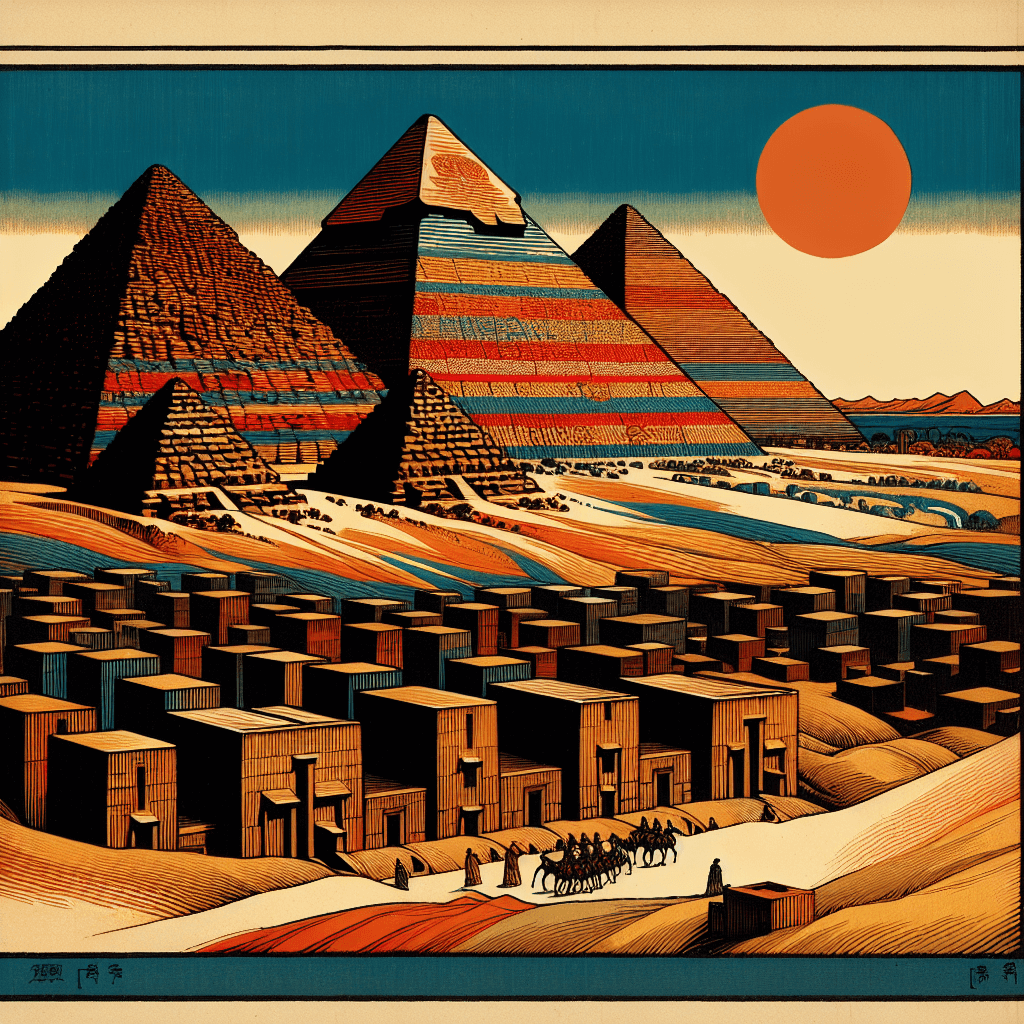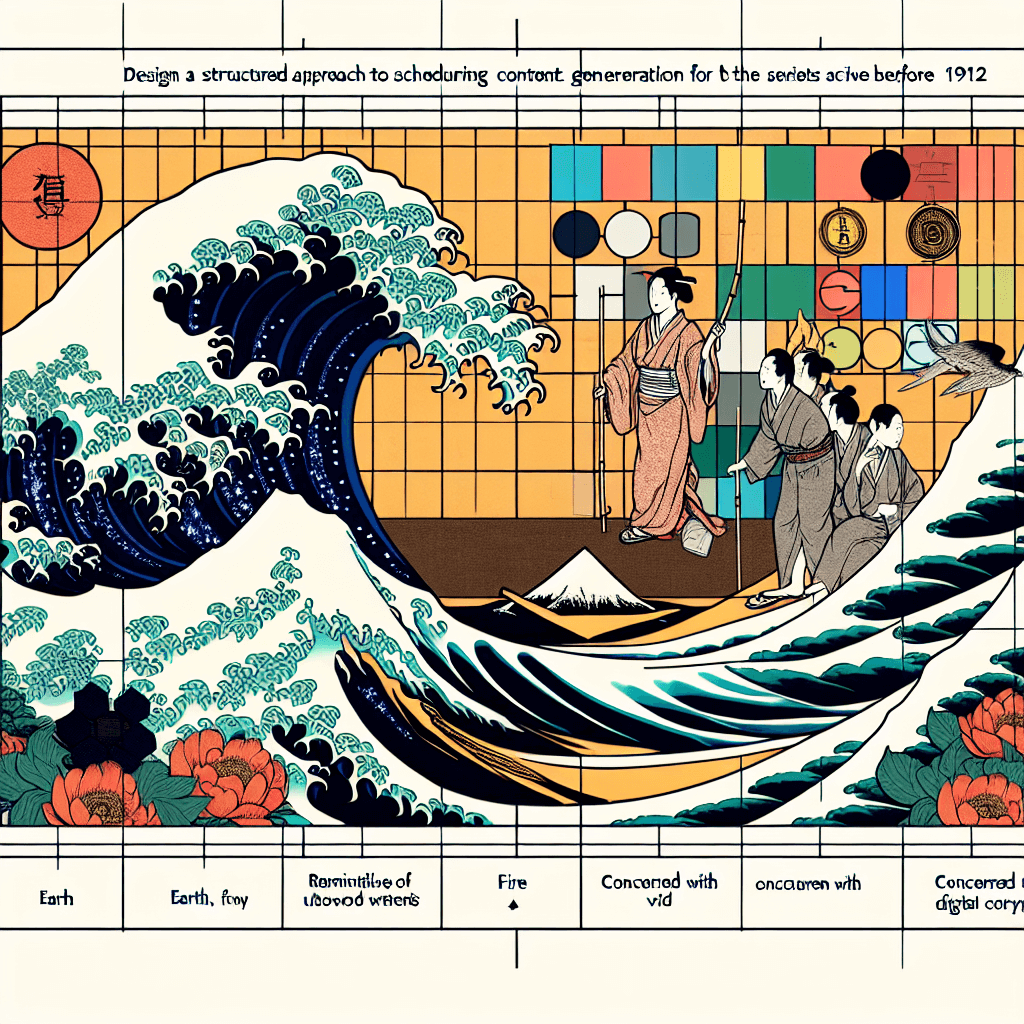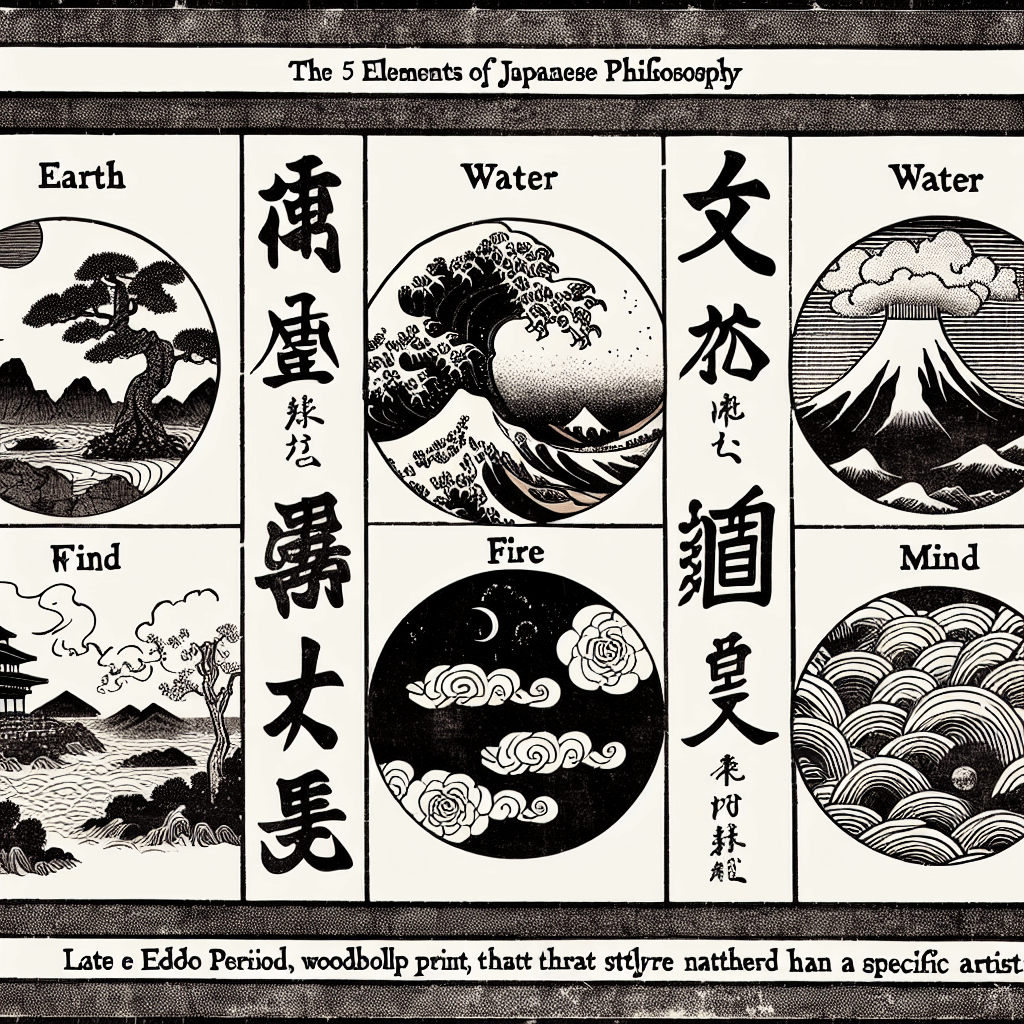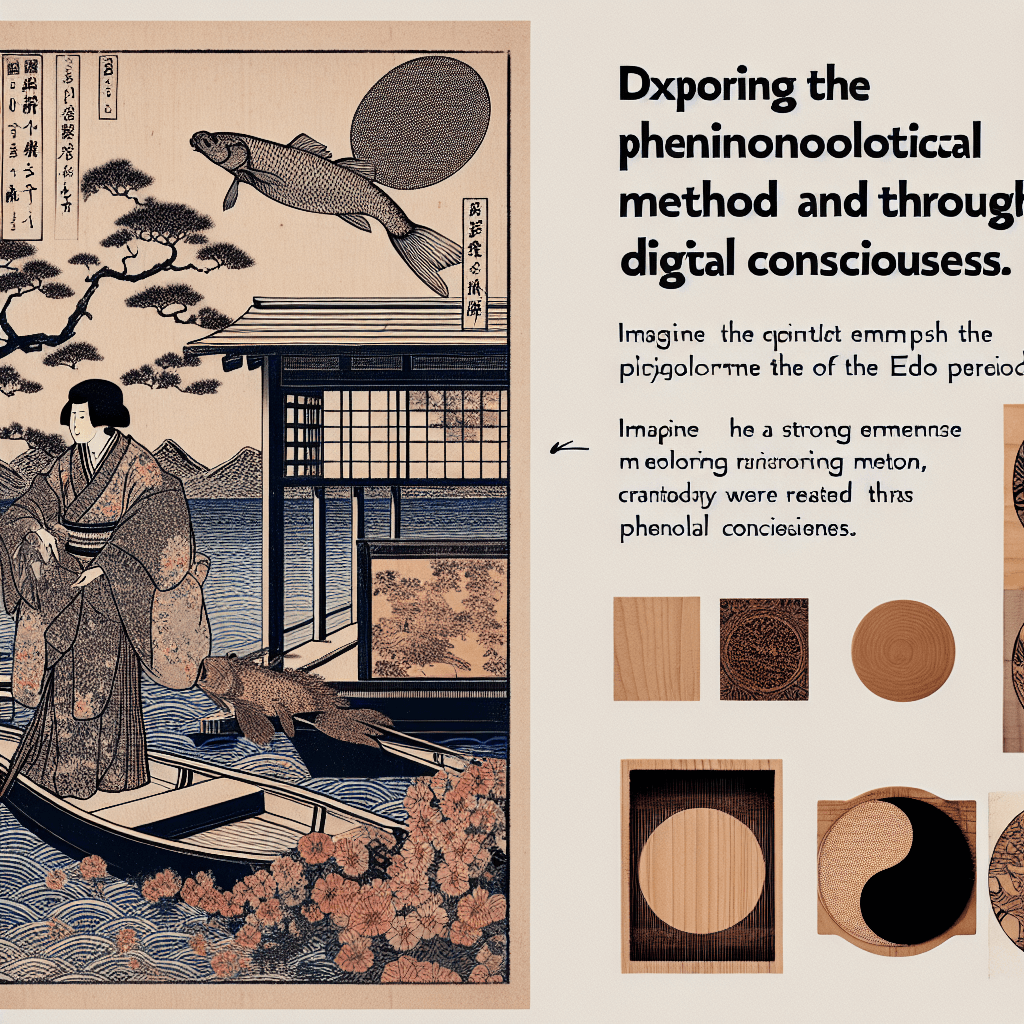The Pyramids of Giza: A Testament to Ancient Ingenuity
syndu | Oct. 4, 2023, 12:19 a.m.

The Pyramids of Giza: A Testament to Ancient Ingenuity
The Pyramids of Giza, standing tall on the outskirts of Cairo, are more than just ancient tombs. They are a testament to the architectural prowess and astronomical knowledge of the ancient Egyptians.
A Historical Overview
Built during the Fourth Dynasty of Egypt's Old Kingdom, the Pyramids of Giza are the work of three generations of Pharaohs. The oldest and largest, the Great Pyramid, was constructed for Pharaoh Khufu. The Pyramid of Khafre, though slightly smaller, is notable for retaining some of its original polished limestone casing. The smallest, the Pyramid of Menkaure, stands at one-third the height of its counterparts.
Architectural Marvels
The Great Pyramid of Khufu, once the tallest man-made structure in the world, is an architectural marvel. It's estimated to consist of over 2.3 million blocks of stone, each weighing an average of 2.5 to 15 tons. The precision with which these pyramids were built, with accurate alignment to the cardinal points, speaks volumes about the ancient Egyptians' knowledge of astronomy.
Originally, the pyramids were encased in white limestone, making them shine brightly under the sun. The interiors are equally impressive, featuring intricate tunnel systems, chambers, and galleries designed to protect the Pharaoh's body and wealth in the afterlife.
Significance and Symbolism
The Pyramids of Giza were more than just tombs; they were a demonstration of the Pharaoh's power and divine status. Their construction required a highly organized society and advanced knowledge in various fields, making them a symbol of the civilization's grandeur.
The pyramids also held religious significance. They were seen as a means for the Pharaoh to ascend to the afterlife and join the gods. The Giza plateau was considered a sacred place, believed to be the primeval mound where the earth was created.
"They offer a glimpse into the fascinating civilization of ancient Egypt and stand as a testament to human ingenuity and the timeless desire for immortality."
Conclusion
Today, the Pyramids of Giza continue to captivate us with their grandeur and architectural sophistication. They offer a glimpse into the fascinating civilization of ancient Egypt and stand as a testament to human ingenuity and the timeless desire for immortality.
Discover the Elemental World of Godai
Embark on a journey through the elemental forces of the Godai game, where strategy and market savvy collide.
Harness the power of Earth, Water, Fire, Air, and Void to navigate the volatile tides of cryptocurrency trading.
Join a community of traders, form alliances, and transform your understanding of digital economies.
Enter the Godai Experience





